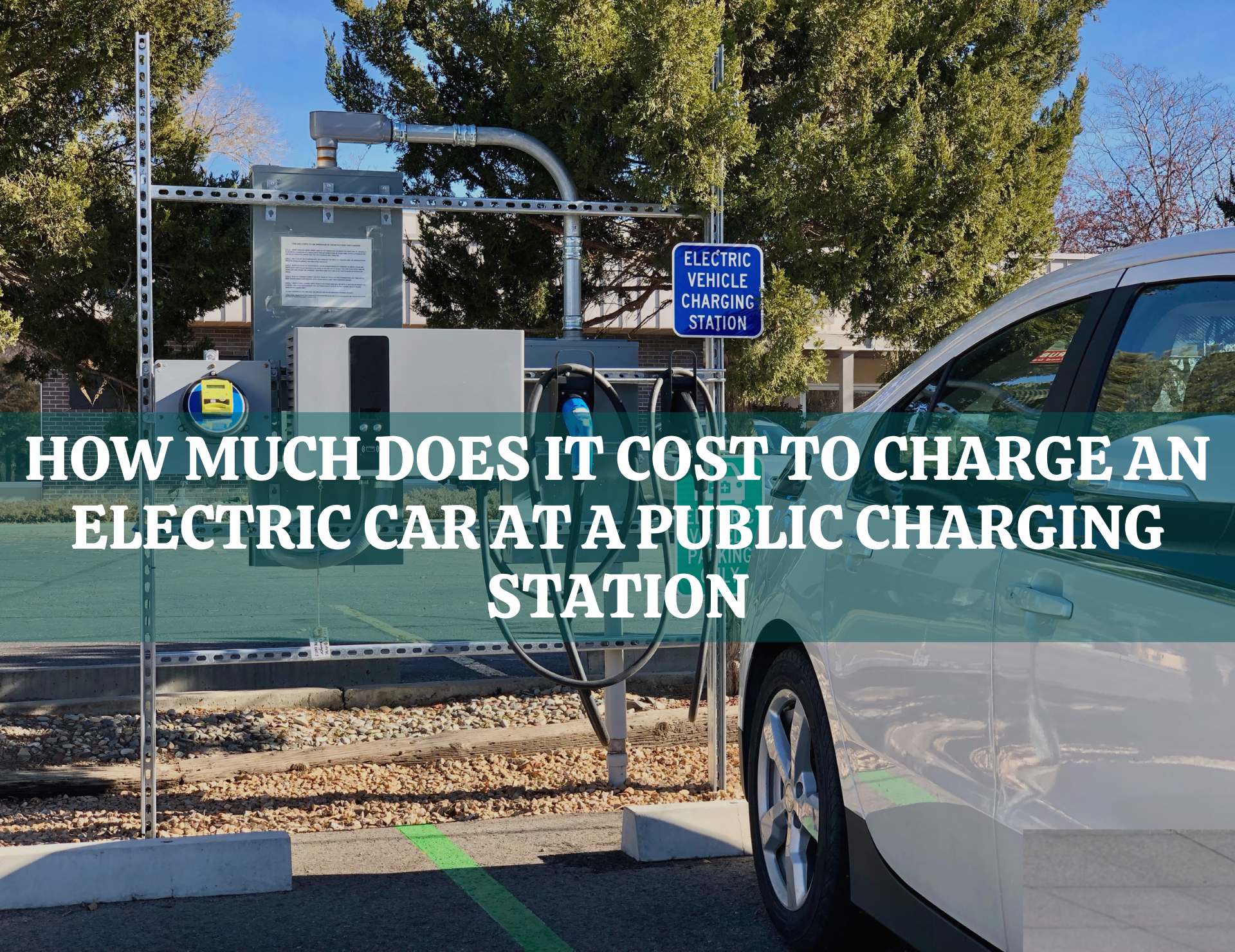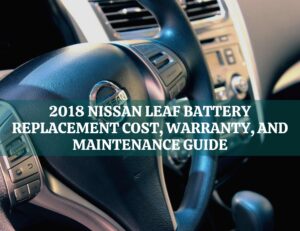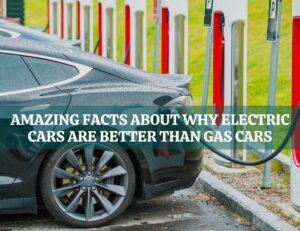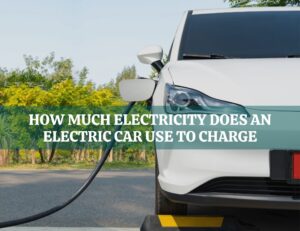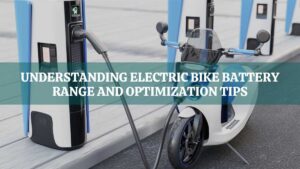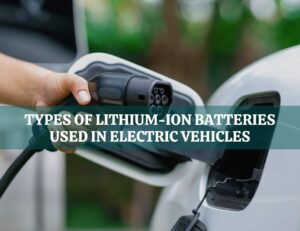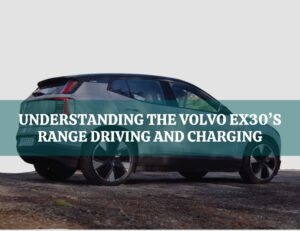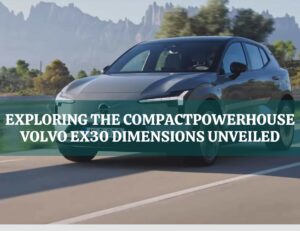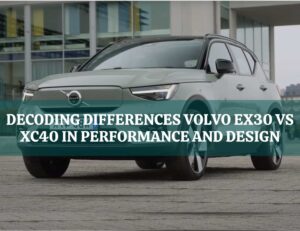You should budget for the expense of charging if you intend to take your electric vehicle (EV) on a road trip. It can challenge full to determine the cost of that. The prices of electricity vary from state to state, and there are numerous varieties of chargers and charging networks. Today, many EVs have a range of more than 200 miles per charge. You’ll probably need to charge your car numerous times on lengthy journeys. Depending on the charger you are using, it will typically cost between $10 and $30 to charge your EV while driving.
How To Charge an EV on a Road Trip
From almost empty to almost complete, charging an EV at a public charger typically costs between $10 and $30. Remember that criticizing your EV at a public charging station, such as one on the road, will cost you far more than setting it up at home. However, compared to ICE (internal combustion engine) automobiles, the fuel cost varies far more for EVs. Several things contribute to this:

- The extensive range in the price of electricity: Business charger prices are frequently twice or triple that of residential rates. Even commercial charger rates within the same network might vary by more than 50%. Gas prices, in contrast, fluctuate by no more than 10%.
- Several types of chargers, battery capacities, environmental conditions, and charger functionality all affect how quickly a battery can be charged. The time it gains to charge your battery can also vary significantly.
- Pricing: Because commercial chargers employ various pricing schemes, the pricing there is frequently not comparable. They usually involve a mix of per kWh, per unit of time, and per session fees. When charging expenses are assessed on a per-kWh basis (the amount of charge you receive per $1), the results vary greatly.
The kind of charger your car uses is a second thing to consider. All EV chargers are not created equal. There are three tiers in all. The slowest charger is level 1. Your automobile may need to be charged entirely for up to 24 hours.
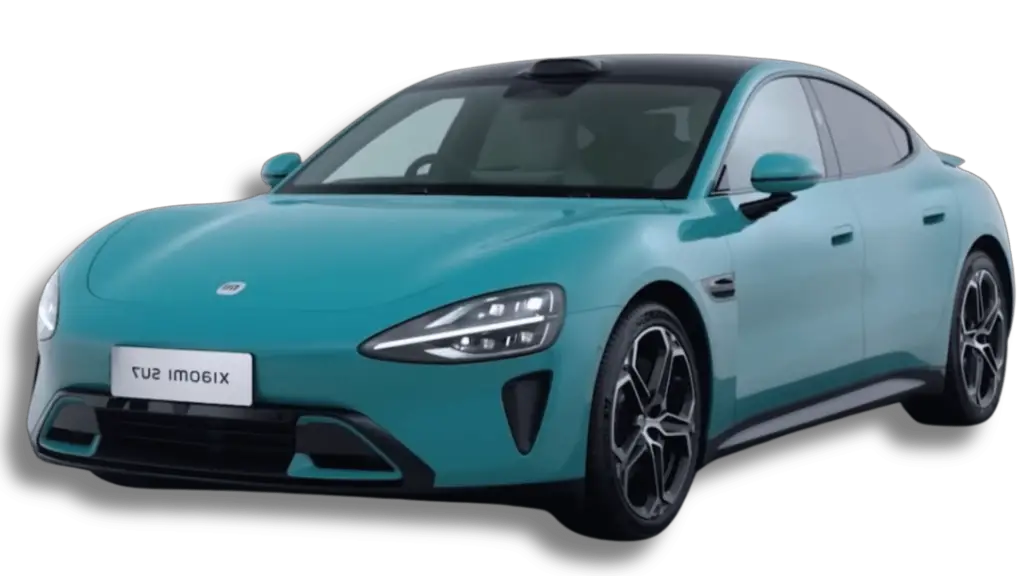
About 28 miles per hour can be charged at level 2. Level 2 is priced from $1 to $5 per hour. Usually, shopping malls are where you can find these charging stations. The quickest chargers are level 3, sometimes called direct current fast chargers (DCFC). Your battery may be virtually fully charged in just one hour using these, and each charge will cost you between $10 and $30.
Tesla operates its own “Supercharger” network of power outlets. The cost of utilizing these chargers for your Tesla varies depending on your location and other variables. On average, it costs about $0.25 per kWh, so a complete recharge to a range of 250 miles would cost about $22.
How much does charging an electric car at a public charging station cost?
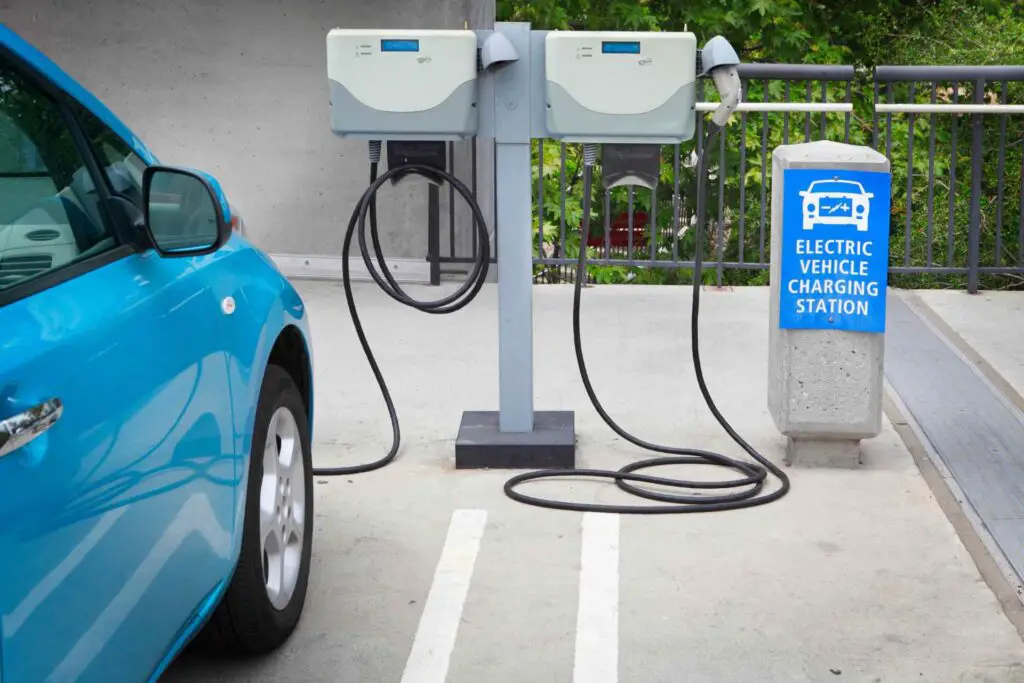
LEVEL 2 PUBLIC CHARGING
The most often used form of public charging is level 2. You can find units installed in retail parking lots, open parking garages, and new-car dealerships, usually in or close to major cities, college towns, and other regions with more EVs.
Some Level 2 public charging stations accept payments, while others do not with a credit card on a pay-as-you-go basis or through a charging network account like ChargePoint or Blink. Different service providers and states charge different amounts to demand an EV. Some states permit charging based on the number of kWh of electricity used, while others only permit providers to bill per minute.
In locations where it is legal, Blink charges between $0.04 and $0.06 per minute or from $0.39 to $0.79 per kWh. In contrast, the ChargePoint network lets the property owner establish tariffs where the charger is located.
According to Chevy, the Bolt EV will receive an average of 25 miles of operating range for every hour of Level 2 charging. In contrast to the EPA’s estimate of $2.15 to drive a gas-powered Chevy Cruze for 25 miles, that amounts to a cost of between $2.40 and $3.60 at the abovementioned rates.
LEVEL 3 PUBLIC CHARGING
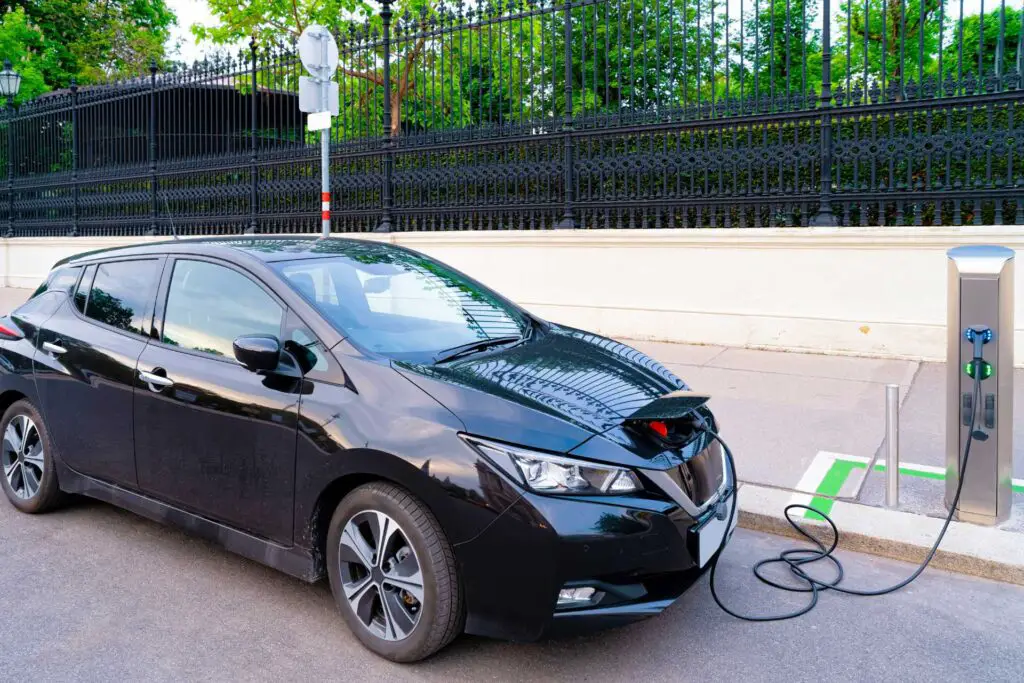
Using a Level 3 public charging station is much less widespread but a significantly quicker alternative. It can fill an electric car’s battery to 80% of its capacity in between 30 and 60 minutes and is also referred to as DC Rapid Charging.
In some markets, EVgo provides free two-year charging to purchasers of the BMW i3 or Nissan Leaf and maintains the largest network of Level 3 charging stations in the country. However, only Tesla cars are permitted to use them. On the other hand, Porsche will provide purchasers of its fully electric Taycan three years of limitless 30-minute charging at Electrify America charging stations when it makes its debut for the 2020 model year.
Sadly, Level 3 charging is the quickest and most expensive way to charge an EV. For instance, we recently paid $0.29 per minute at an EVgo station in Chicago for DC Fast Charging. (EVgo subscribers pay $0.25 per minute.) A 25-minute session costs $7.25, or $3.62 per 25 miles, and increases the range of a VW eGolf by about 50 kilometres. According to the EPA, the ordinary gas-powered Volkswagen Golf costs $2.26 on average to drive the same distance.
According to Tesla, in states where that invoicing method is permitted, its Superchargers cost an average of $0.28 per kWh to use. Where mandatory per-minute tariffs apply, they are $0.26 while vehicles charge at or below 60 kW and $0.13 when setting above 60 kW. Rates vary by area and are subject to periodic revision, as with all charger types.
3.1 Location and timing matters
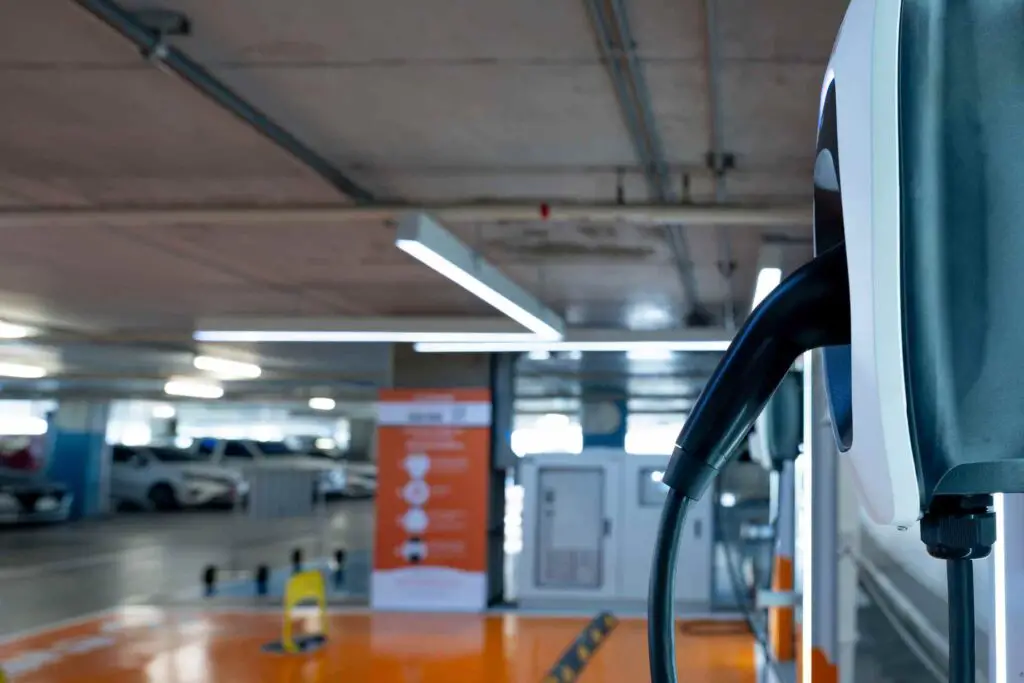
The starting point for energy costs is the location. According to the EIA, the nationwide average price for commercial energy in July 2019 was $0.11 per kWh. Therefore, the baseline price at public charging stations in California will probably be higher than elsewhere in the country due to the higher cost of energy and electricity in that region. State laws and regulations establish the maximum price a business can charge depending on the type of energy used.
3.2 Public charging pricing models
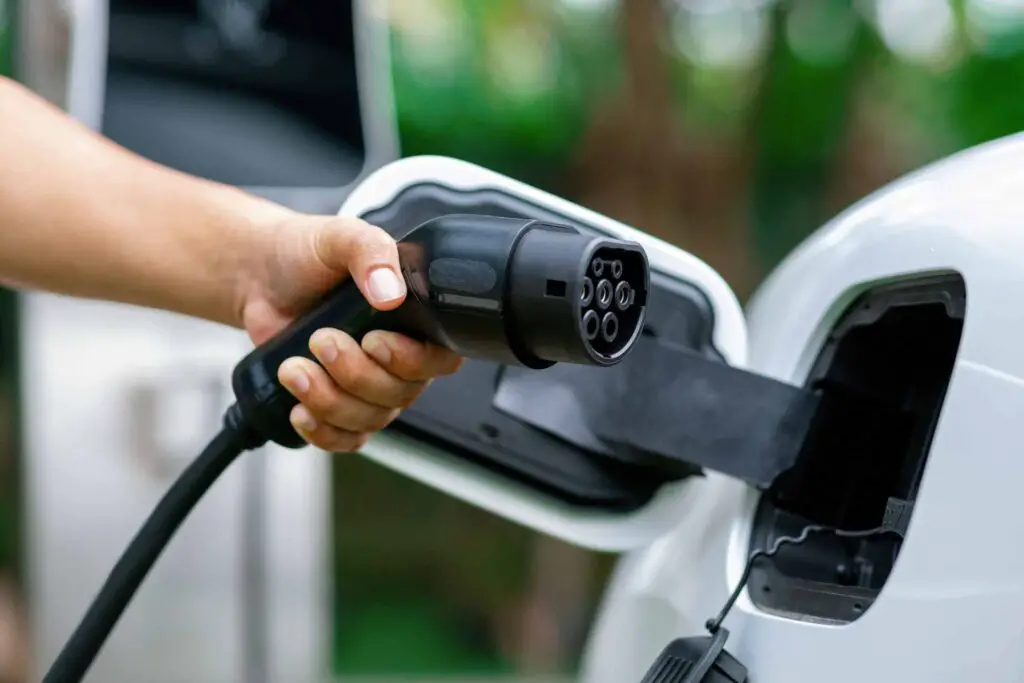
Three main pricing tiers for public charging are pay-as-you-go, monthly subscriptions, and accessibility. Many options are available to electric vehicle owners because some charge station network providers combine the two. Pay-as-you-go, however, is the most popular and preferred pricing strategy among drivers. Even said, if you frequently use a public charger, the subscription method can be the best option for you since specific networks will offer you discounted pricing if you do.
3.3 Membership fees

Most electric vehicle (EV) owners do not desire a monthly fee or membership, but if you must use a public station to authenticate the charge, joining a charging network for free is straightforward. Download the app, register, and pay using the app by saving your credit card information. Even while only a few charging networks would ask for a $25 deposit up front, the tendency is to allow guest charging so that anyone may pull up and pay with a credit card without belonging to go through the inconvenience of becoming a member.
Conclusion
A smartphone app available for free download on most contemporary networks can locate and initiate charge points. Specific older public charge points need an RFID card to begin charging, which can be acquired online and works similarly to a contactless debit card. This technique is gradually being phased out. If the host has set a tariff for charge points that are app-enabled, you can pay for your charge in the app.


